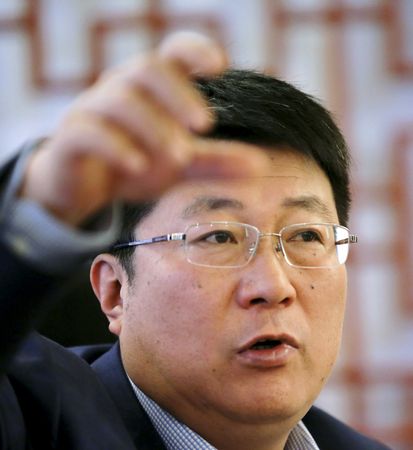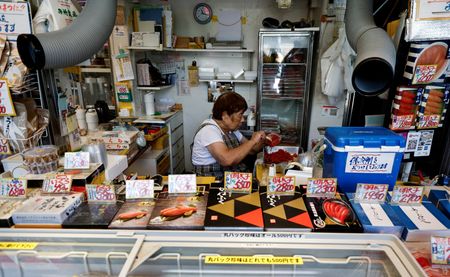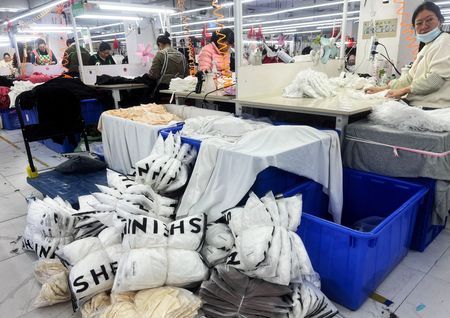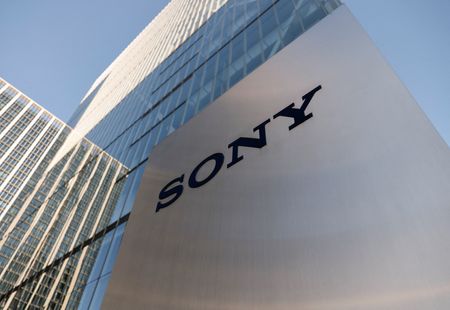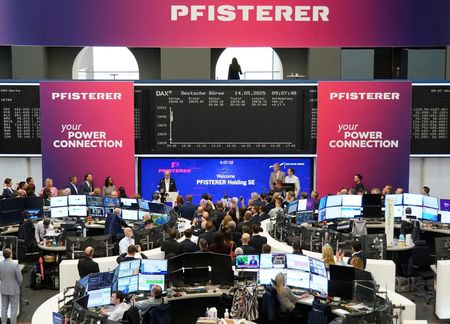BANGKOK (Reuters) -Thailand has told Washington it will crack down on transshipments through its ports, buy more U.S. goods and improve local market access as part of a pitch to avoid steep tariffs on its exports, its finance minister said on Wednesday.
Thailand is among Southeast Asian nations hardest hit by U.S. President Donald Trump’s measures, facing a 36% tariff on its exports if a reduction can’t be negotiated before a global moratorium expires in July.
“Our trade proposal is a ‘win-win’ solution,” Pichai Chunhavajira told reporters, adding U.S. Treasury Secretary Scott Bessent had responded positively to the proposal, which he said showed a readiness for negotiation.
Thailand’s offer will reduce the U.S. trade deficit and bring other benefits, and Pichai said he hoped that would see the 36% tariff lowered to levels similar to other countries.
“I don’t see why we would be treated differently, once everything is finalised,” Pichai said, adding it could take time for officials to go through the proposal in detail.
The United States was Thailand’s largest export market last year, accounting for 18.3% of total shipments, or $55 billion. Washington has put its deficit with Thailand at $45.6 billion.
The proposal submitted to Washington includes strengthening cooperation in sectors such as food processing and digital technology as well as increased Thai investment in the U.S., Pichai said.
There would also be strict enforcement of rules of origin to prevent the routing of shipments from third countries through Thailand, he said.
Steps to increase imports of U.S. energy, agricultural products, aircraft and parts, and to provide greater market access for U.S. farm products, including fruits and feed corn, were also in the offer, he said.
And while Thailand will increase its imports of U.S. products, Pichai said there was solid demand for Thai goods in the United States.
Thailand’s top three exports to the United States last year were computers, teleprinters and telephone sets, and rubber products, while its main imports from the U.S. were crude oil, machinery and parts, and chemicals.
(Reporting by Orathai Sriring, Thanadech Staporncharnchai, Chayut Setboonsarng, Panarat Thepgumpanat; Editing by Martin Petty and John Mair)





